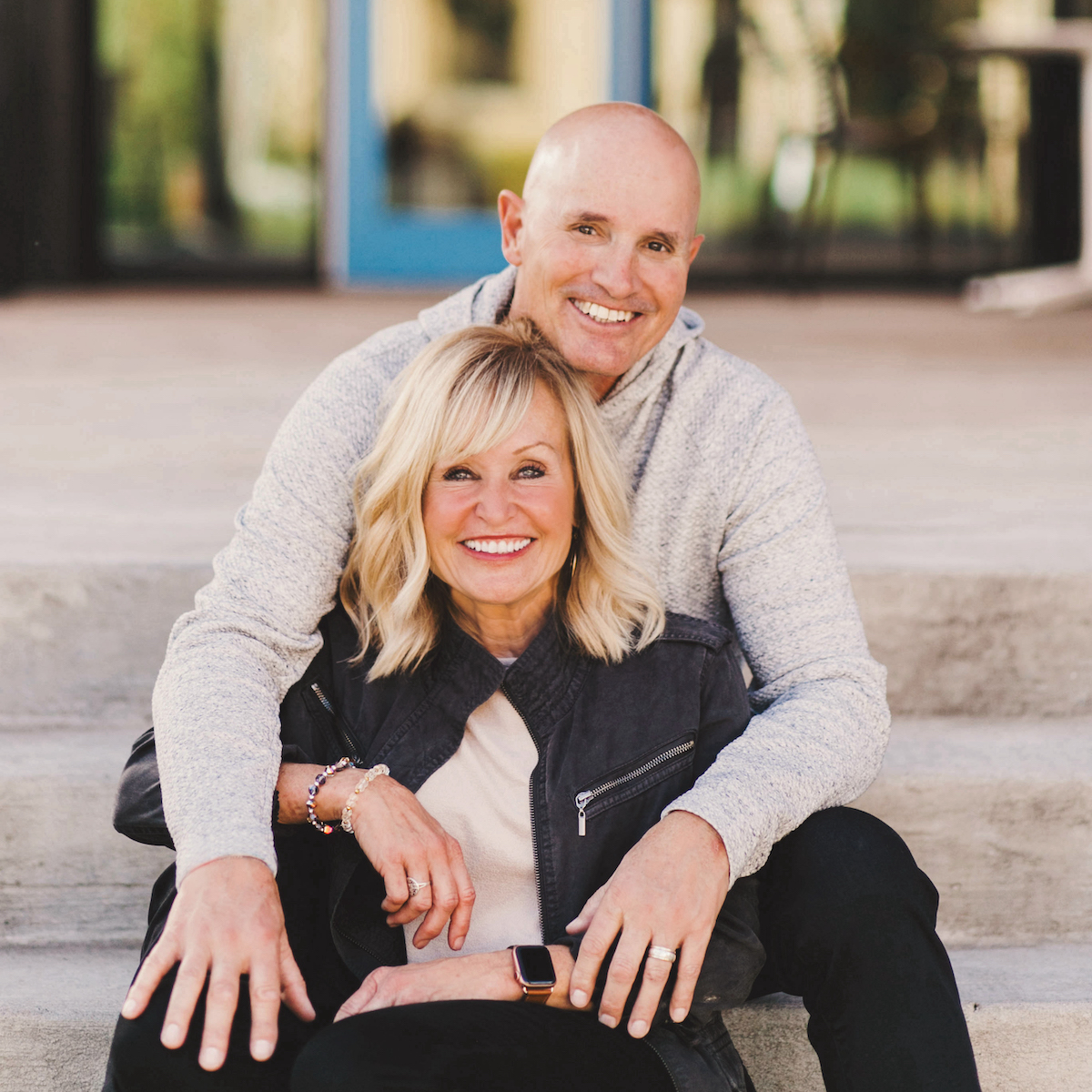According to the Institute of Medicine, approximately 100 million people in the United States suffer with chronic pain. Chronic pain sufferers struggle to get through the day and be their best in all their relationships. My book, Living beyond Pain, co-authored with physician, Dr. James Kribs, provides a holistic treatment for chronic pain sufferers. There is much that can be done to help a person with pain. Don’t give up hope. Learn about evidence-based treatments that work for pain sufferers. And learn how you can make pain better, not worse.
While there are so many aspects involved in treating chronic pain, relationships play a role.
Question: My spouse talks about her pain all the time, I don’t want to sound insensitive, but it seems like that is all we talk about. Our relationship has become centered around how bad she feels. How do I show her I love her, but address this constant pain focus as it is pulling us apart?
Answer: Living with someone in chronic pain can be overwhelming at times because the person doesn’t feel well and wants your help to feel better. Yet, you feel powerless to do much about stopping their pain. As a result, much of the relationship can become focused on pain, a depressing focus for both of you. And you are right, people in pain need emotional support. They need to know that you empathize and feel compassion towards them. So, verbalize your empathy and show compassion by your presence.
Now, realize, there is a fine line between helping and hurting when it comes to chronic pain. You help by encourage pain free talk, by focusing on the positives of your relationship and other aspects of the person’s life. Instead of asking, “How is your pain today?” ask, “How is your day going?” Then, focus on what is going right or is positive despite the pain. This isn’t ignoring the reality of their pain, rather focusing the brain away from the pain. Constant conversations about pain increase pain. The more attention you give pain, the more it amplifies pain. Distraction turns down the volume on pain.
Additionally, the more you do things for the person in pain, the more likely they are to become disabled by their pain. For example, if your partner can move, get up or get their own drink, let them. Even if it takes a while to accomplish something, movement is good for chronic pain. The goal is not to do things they can do for themselves. Otherwise, you are enabling avoidance behavior. Support, encourage, but don’t enable! You don’t want anyone’s identity to be developed around their pain.
Remember, chronic pain has caused your partner to limit her behavior and not do the things she used to do. She is dealing with loss and must find a new normal. Talk about what can be done to improve functioning despite the pain. You may have to get creative! For example, can you throw a ball to the grandkids sitting down? Maybe you can find a more comfortable position for intimacy.
Finally, do all you can to remain social even though the pain may force a cancellation with friends now and then. When that happens, let your friends know to keep inviting you to gatherings as you want to remain active and involved. The worse thing a person in pain can do is isolate. Not only will they become depressed, but it is much easier to lose hope. And there is so much you can do to improve functioning and get on with your life.
In sum, chronic pain can cause relationship tension, but a focus on small things that turn down the volume on pain and improve your day-to-day functioning will help your relationships.
For more practical ways to help with chronic pain, check out Living beyond Pain.








